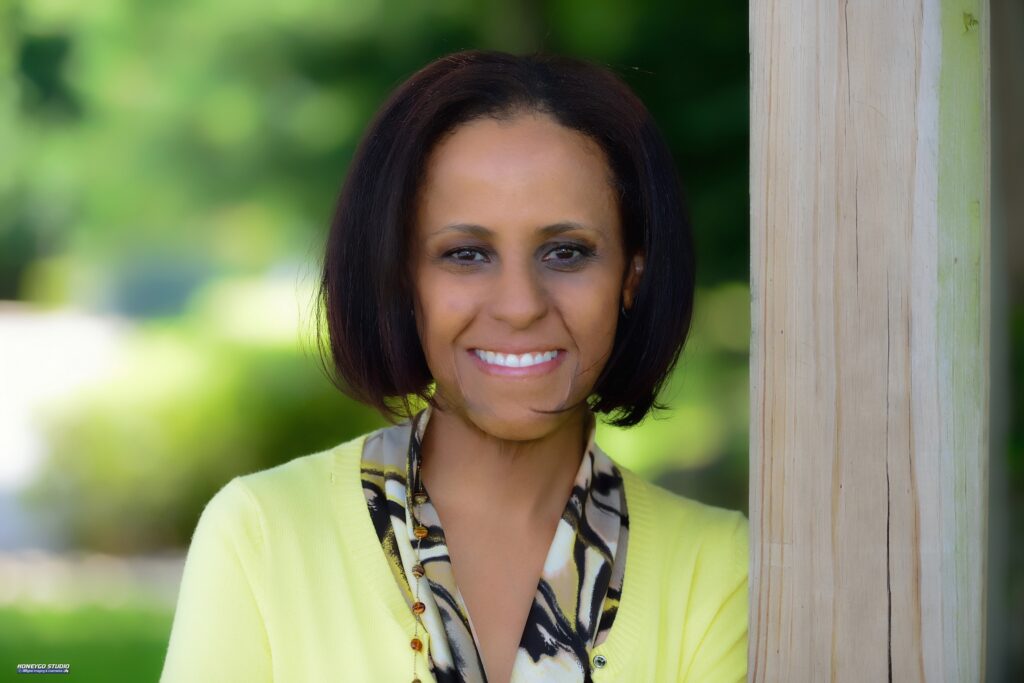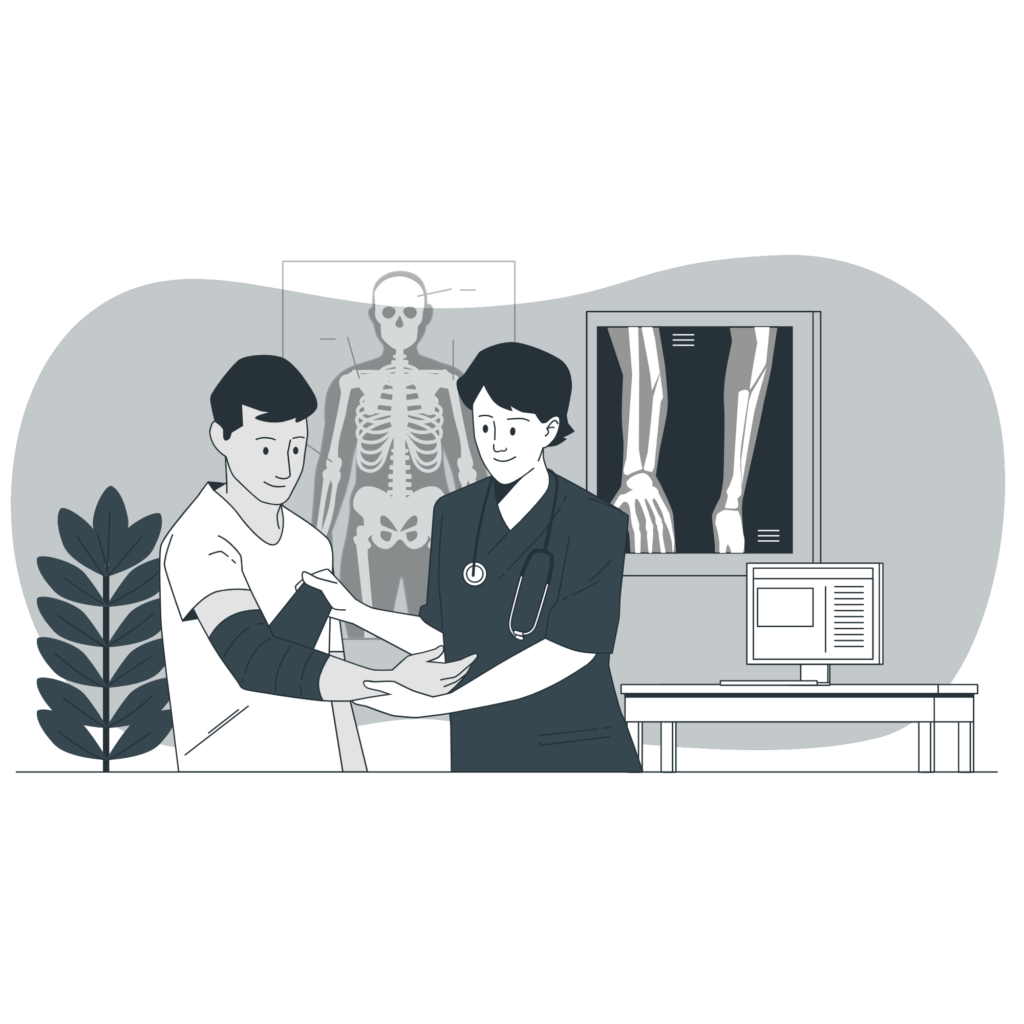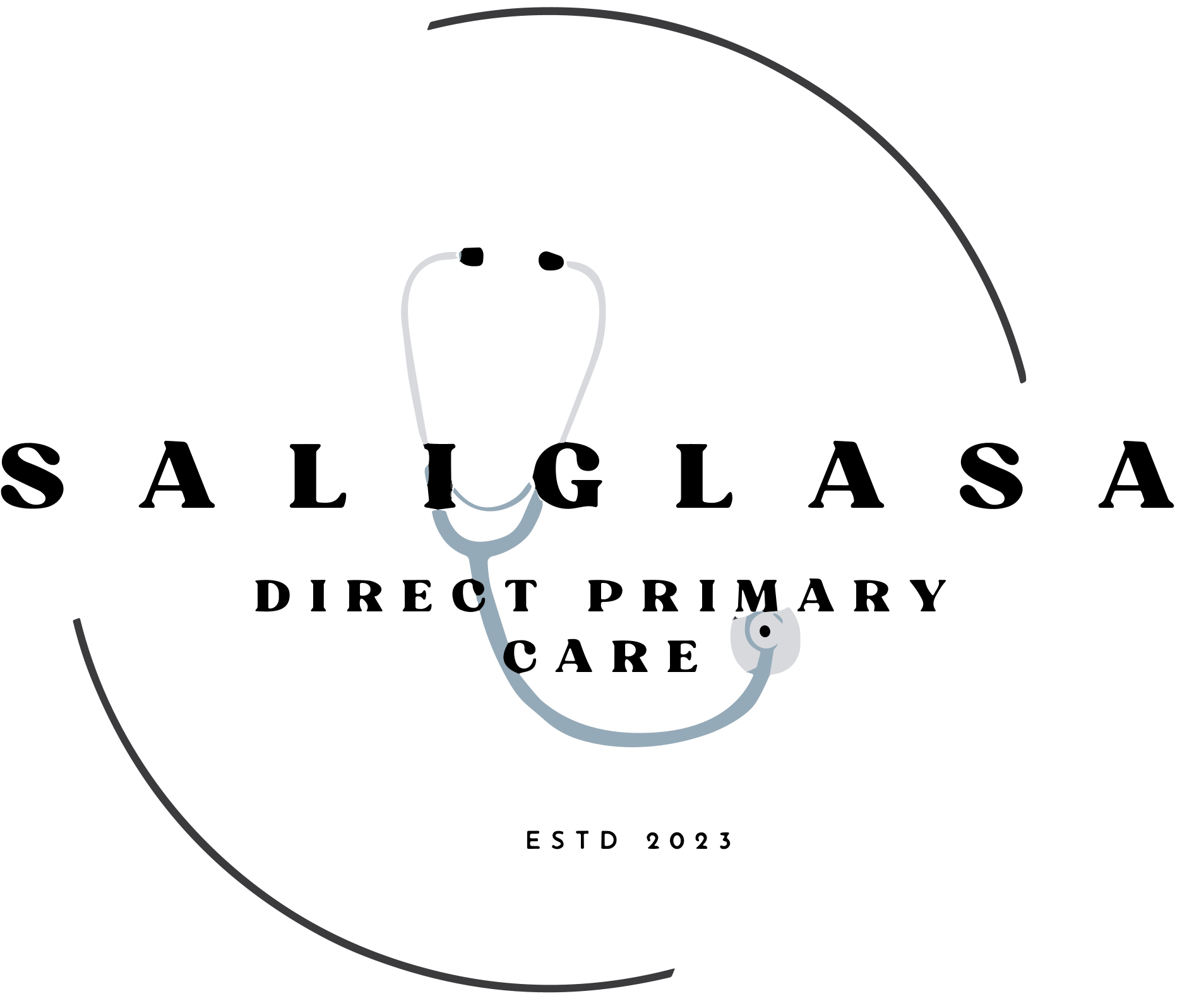Sosena Kebede, MD, MPH, CHC
Hello, I am Sosena Kebede and I am excited at the prospect of partnering with you in your health journey!
I am a board-certified internal medicine doctor, and a public health professional who also has certifications in health coaching and healthcare quality improvement. While living in Baltimore MD, I worked for several years as a faculty at the Johns Hopkins School of Medicine delivering clinical care, participating in health services improvement research and teaching. There, I also had concomitant joint appointments at the Bloomberg School of Public Health where I taught health policy and at the Armstrong Institute for Patient Safety and Quality where I helped to train others in quality improvement.
Just before the Covid-19 pandemic I founded HealthCare Engagement LLC, a consultancy I dedicated to promotimg patient engagement among the underserved communities in Baltimore, MD. During the pandemic, I transitioned to becoming a Chief Medical Officer at a Federally Qualified Health Center in Hartford, CT, where I played a pivotal role in establishing a COVID clinic for the center and collaborated with the CT Department of Health in efforts to educate the public about the pandemic.
Over the past two decades I have worn many hats in healthcare, and I have been fortunate to be part of many meaningful endeavors. What I have found is that our health systems, for the most part, are fertile grounds for physician burn-out and patient disempowerment because they are modeled to maximize profit at the expense of quality patient care. In a country where we spend over 18% of our Gross National Product on healthcare (which translates to almost $13,000 per person per year in 2022 dollars) one would think we would have stellar population health outcomes, and/or satisfied healthcare service customers (patients). Unfortunately, neither of those are the case. Despite a steadily rising healthcare cost, we continue to have poorer health outcomes compared to other industrialized countries that spend less than we do, our patients are dissatisfied with the care they receive and the physician attrition rate in the US is higher than it has ever been.
There is no easy fix for this complex problem, but we have to start somewhere. By founding Saliglasa, I am joining the Direct Primary Care movement that is designed to restore the lost sacred art of patient-physician relationship. In time, with added voices from empowered patients I have no doubt that we will transform healthcare, once and for all.
I have a Bachelor of Science from Duke University, a medical degree from the University of North Carolina at Chapel Hill School of Medicine, and a Master of Public Health from the Johns Hopkins Bloomberg School of Public Health.
I am committed to personal empowerment, public health, and promoting community well-being. I am a nature enthusiast and in my free time I enjoy traveling, cultures and being outdoors.

Saliglasa
Sometime in 2009 I saw a new patient who came to see me for a recurring cough. She had been on a couple of inhalers and prednisone intermittently and believed she had some sort of recurrent bronchitis but didn’t know why. She was not a smoker. Her record from 2005 indicated a diagnosis of Sarcoidosis, a term she didn’t recognize when I mentioned it to her. Sarcoidosis is a rather rare inflammatory disease that can affect other parts of the body besides the lungs. This patient ended up requiring imaging studies, a biopsy and referral to a couple of specialists.
In 2014, I was the Principal Investigator on a research study where we looked at how well patients admitted to our hospital understood their medical records at the time of their discharge. We found that the average shared understanding between these patients (a significant of whom had college level education) and their physicians, based on their records, was <50% for medical diagnoses, <60% for why they were on certain medications and <60% for results of their in-hospital procedures1. Our published findings were similar with other previously published data.
Over the past 20 years, I have met thousands of patients who have varying degrees of poor understanding of their medical history and whose interaction with their physicians is mostly passive. This has potential ramifications for the quality of care they receive in addition to creating ineffective therapeutic alliance with physicians. The issue is pervasive and disheartening but does not typically indicate poor care on the part of physicians nor lack of interest on the patient’s part. Rather, it is a reflection of the limited time primary doctors are given to interact with their patients.
Saliglasa has been in the making for several years now. It is a Direct Primary Care (DPC) and consultancy services with a focus on patient engagement and quality service improvement- two critical factors that are needed to improve the health outcome of patients.
Good health outcome=quality of care + engaged patients
At Saliglasa, our mission is to maintain service excellence in a patient-centered environment where every individual is heard and is given the skills and guidance they need to be engaged in their personal health journey. We invest in enhancing patient health literacy, provide health coaching and use appropriate health technology to optimize patient engagement.
At Saliglasa, we respect patient autonomy, and believe every individual is capable of making positive changes in their health and wellbeing. We encourage shared decision making during medical management including exploring the merits of alternative medical interventions patients may have interest in pursuing. Years of research has proven that health is determined by several factors beyond the biogenetic model of disease. Therefore, we pay attention to each individual’s unique social and environmental circumstances and not just to their particular illness alone and work with patients to address key social determinants of health.
The services we offer to individual members include all adult medical care, (acute and chronic) preventive care, as well as patient engagement and wellness coaching. We also offer consultancy services to organizations in the areas of patient engagement and quality improvement.


Personalized Care at Saliglasa
First let’s clarify some semantics. Personalized care is different from personalized medicine. Personalized medicine which is also referred to as precision medicine customizes medical treatment to individuals using predictive technologies, often genetic based. The use of bioinformatic tools for focused preventive and curative medical care is currently beyond the scope of care we deliver at Saliglasa. However, we have expertise in delivering personalized care to you that we guarantee will improve your health outcome and your satisfaction. Here is how we approach personalized care at Saliglasa:
Once you sign up for membership, you will be invited to fill out a detailed intake form, and you will be asked to make all of your medical records including the list of all of your medications available for review ahead of your first visit. Within this intake form, you will also be invited to fill out a brief “What Matters Most to You” questionnaire where you can tell us what you value the most during healthcare delivery (do you value access to the latest medical intervention or conservative management, do you value more or less educational information etc) . Your first visit will be for 1 hour where the focus will be on assessing and enhancing your health literacy on your own health profile. This session will be interactive and you will have the opportunity to ask questions about diagnostic tests, lab results, hospitalizations, the value of certain medications and any medical recommendations or treatments that affect your health. We will review current medications that may need adjustment, document your personal health goals and make a shared decision for disease management using current scientific evidence. We will draft health promotion plans, as desired and as needed that is unique for you.
Within 3 days, you will receive the summary of your medical record, written in layman’s term, organized chronologically, including your medications and their use, as well as your stated health goals. This summary will be your personal health file (PHF), stored in a HIPPA complaint patient portal platform that we will continue to update jointly. You will get a copy of your PHF in a flash drive which can be shared with family members, specialists or during hospital admissions, as you deem necessary. Your health record is your right to have and to keep and to share as you see fit but we do encourage you to safe guard it to protect your privacy.
Your follow up visits will be based on your needs and it is typically scheduled for 30minutes long or longer. Most visits will be in person but you will have the opportunity to schedule your visit via Telehealth platforms. During these follow up visits you will receive medical management for active issues, monitoring and health coaching for chronic medical conditions, and assess your progress in your health journey. Additionally, you will have access to your doctor and/or your records via the patient portal, text and email at all times and can continue to discuss the course of your health journey outside of scheduled visits.
You will be able to get an appointment to see your doctor within 24/48 hours. In the event you have medical questions or urgent matters that require a quick consultation, and it cannot wait for an in-person visit, you can reach Dr. Kebede via email or phone for an audio or video visit. If the issue is a true medical emergency, you should call 911 or go to your nearest ER immediately, then call Dr. Kebede.
With your PHF on hand, and your enhanced health literacy you will feel more equipped to face any healthcare encounters, in and outside of Saliglasa with confidence. If you require a visit with a specialist or need to go to the ER or require in-patient admission you should feel empowered to share your PHF with physicians- many will be immensely grateful to have an organized written medical background at hand at the time of new patient encounter. Although your PHF will not replace your official medical record, its immediate access may avoid unnecessary tests and procedures while waiting for records. Moreover, Dr. Kebede will directly communicate with the attending physician of record for care coordination whenever you see specialists and/or hospital staff. The physician-to-physician consultation on your behalf, your enhanced health literacy and your level of engagement in your own care, as well as the PHF at hand will allow you to advocate for yourself better and will increase the quality of care you receive in and out of Saliglasa. Remember, even at the best of healthcare encounters, your health outcome is still partly determined by you.
Good Health Outcome = Quality Care + Engaged Patients
Find out what true personalized care can do for your health- join Saliglasa today.
Small business employers, contact us for discounted group rates for your employees
Why Invest in Patient Engagement
At Saliglasa we take the work of patient engagement with the same fervor as the quality of care we deliver.
Good Health Outcome=Quality Care + Engaged Patients
Patient engagement is the process whereby patients are actively working with providers to improve their health outcome. It is a broad concept that requires patient empowerment as well as health system readiness for engagement. Engaged patients are able to make better informed decisions about their care, can raise awareness about their own safety during the delivery of care, dialogue effectively about their health conditions with their providers, clarify their needs and personal values, effectively self-monitor and attain their personal health goals. Additionally, engaged patients are more satisfied with the care they receive, adhere better to recommendations and they have better health outcomes.
One of the fundamental determinants of patients’ engagement in their own health care is their level of understanding of their health records and their ability to engage in decision making. Understanding of health records on the other hand, requires the presence of both adequate health literacy of the patient as well as effective health information communication by health providers.
According to the National Institute of Health (NIH) personal health literacy is the degree to which individuals have the ability to find, understand, and use information and services to inform health-related decisions and actions for themselves and others. In the United States, only a shocking 12% of Americans are estimated to be fully health literate– a fact that underscores the magnitude of this problem in our society. Not surprisingly, the problem is more prevalent among people of lower socio-economic status and contributes to the pernicious health disparities with which we continue to grapple. That is why we are passionate about addressing this problem!
What are the approaches used at Saliglasa to get patients engaged?
In broad terms the process falls under two major approaches.
- Improving the health literacy of patients so that they are proficient in understanding their health profile, know what questions to ask, and feel empowered to participate in decision making pertaining to their own health.
- Providing health coaching to patients so that they have access to needed resources, counseling and support for the development of healthy lifestyles and self-management. This includes sifting through publicly available health information, shedding light on the validity of data as well as training in the use of health technologies for self management.
